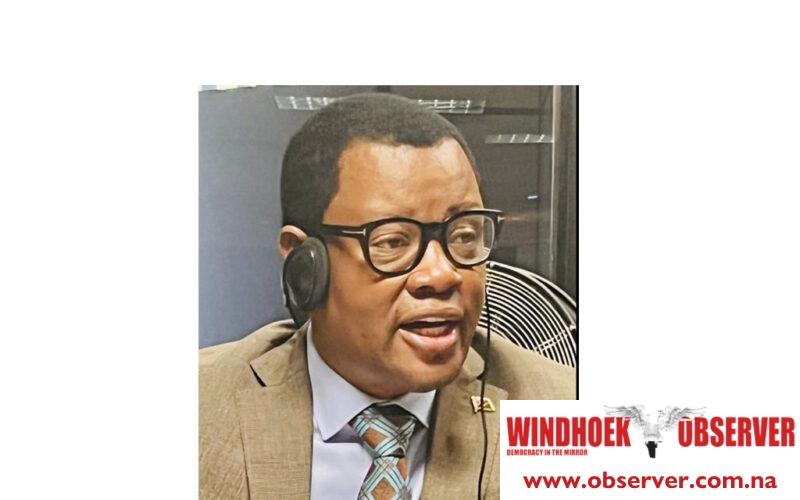Hertta-Maria Amutenja
The leader of the Official Opposition, McHenry Venaani, has raised questions regarding the Government Employment Redress Programme, specifically focusing on the employment outcomes for fishermen within the hake sector.
Venaani’s notice of questions scheduled for this week brings attention to the challenges faced by the program.
He plans on asking Minister of Fisheries and Marine Resources, Derek Klazen, about the criteria used to select participants for the Governmental Employment Redress Programme, and the terms and conditions outlined in the designated agreements which he said are a cause for concern.
“Particularly clause 3.5, which stipulates that if an employee resigns, retires, or passes away, the position must not be filled by another fisherman, and the quota will be reduced accordingly. How and why are companies expected to operate under such restrictive terms,” he said.
According to Venaani, the initiative, launched in 2020 by the Ministries of Fisheries and Marine Resources and Labour, Industrial Relations, and Employment Creation, aimed to provide tangible employment opportunities for unemployed fishermen has created more problems than solving them for fishermen.
The program’s success was anticipated, with an agreement reached in April 2020, involving the commitment of the hake industry to permanently employ 681 fishermen, eventually expanding to 1700 after successful negotiations.
According to a report from the Select Committee of the National Assembly on the Mass Resignation of Fishermen Employed Under the Government Employment Redress Programme in Walvis Bay (01-95 November 2022), the report sheds light on successful fishing companies, including Cavema Fishing (Pty) Ltd Joint Venture, Camoposatu Investment (Pty) Ltd, Vernier Investment (Pty) Ltd, The Rainbow Fishing Co. (Pty) Ltd, Hodago Fishing (Pty) Ltd Joint Venture, and Kuiseb Fishing Enterprises (Pty) Ltd.
In addition, Venaani said a notable revelation from the report is the involvement of Walu Fishing Investments (Pty) Ltd. Despite demonstrating a willingness and ability to employ affected fishermen with improved terms, the company faced challenges after the depletion of fishing quotas purchased from the National Fishing Corporation in Namibia (Fishcor) in 2021.
The utilisation of the Marine Resources Act of 2015 for objective quotas allegedly led to the company’s blacklisting.
“The company feels unfairly targeted and penalised. The introduction of Iyaloo Women Group (Pty) Ltd is seen as orchestrated to prevent the allocation of objective quotas to Walu Fishing,” said Venaani.
Amongst the questions, Venaani plans to ask Klazen to cover various aspects of the Government Employment Redress Programme, including the challenges faced, employment outcomes, monitoring and evaluation processes, criteria for participant selection, and the sufficiency of allocated quotas.




